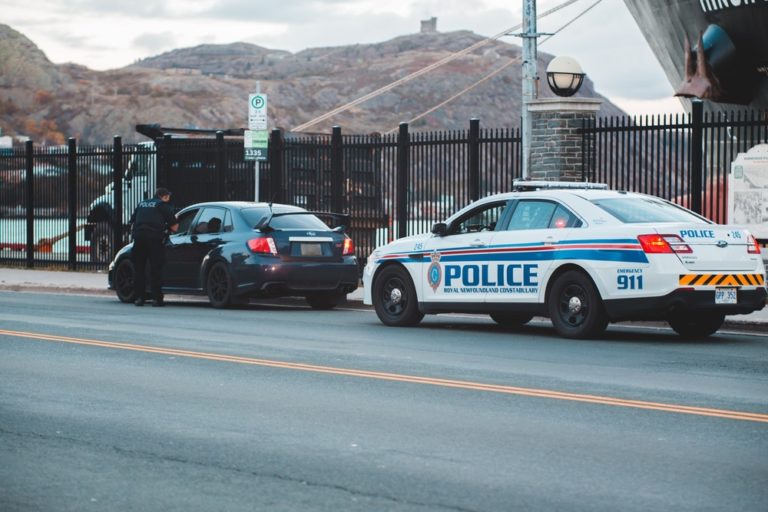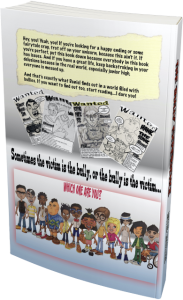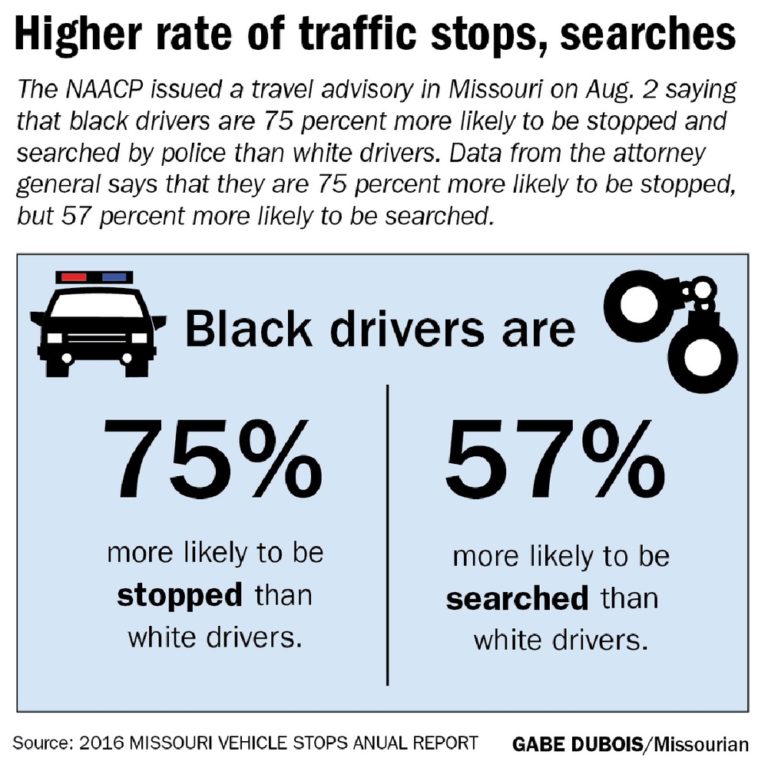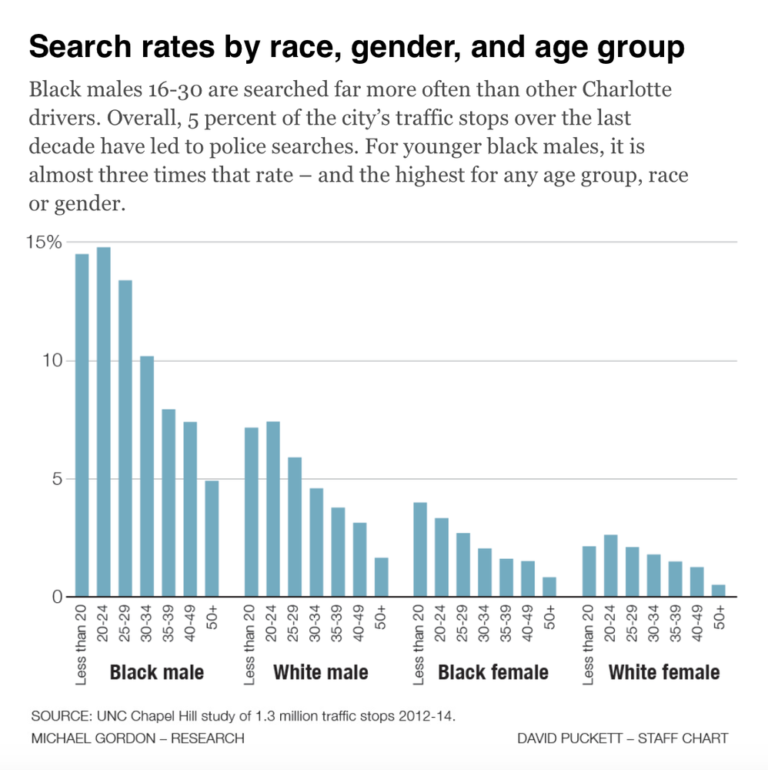What do you do if you are pulled over by the police? 15 tips for diving while black


By Antoine G Larosiliere
In the wake of recent social unrest, I had to revisit the question: what do you do if you are pulled over by the police?
Have you ever felt terrified when pulled over by the police? Your heart is racing and your palms are sweaty, but you have no criminal record and no illegal substances in the vehicle. You must have been driving while black, but my latino brothers and sisters have been there too. It seems the world now has realized the impact systemic racism and police brutality has had on black and brown communities, and many of us had to find answers to the question, “what do you do if you are pulled over by the police? Well…you have to make sure you portray yourself opposite of the negative implicit biases they have of you. But that’s not all; you also have to be polite, calm, cooperative, prepared and conscientious with the officer.
#1 Acknowledge the officer by turning on your signal
Do not begin your encounter with a police officer by not acknowledging them right away as soon as you see the flashing lights behind you, place your blinkers on to indicate you are pulling over. Even if you see no place to pull over, it will make clear what your intentions are. Acknowledging them right away gives the impression that you are going to be cooperative.
“When looking for a place to pull over, safety should be the utmost concern.”
#2 Pull over as soon as you can in a non hazardous area
Try to pull over as soon as you can, but it’s not always possible to do so in a non hazardous area. When looking for a place to pull over, safety should be the utmost concern. Make sure to drive at a slower pace when looking for an area to pull over at; to not give the impression you’re trying to get away. Areas with wide shoulders for passing traffic is ideal, as well as parking lots and well lit areas. This will make the officer feel comfortable, and begin the encounter with less tension for the both of you.
#3 Turn the engine off
As soon as you’re able to finally pull over; place the car in park, turn your hazard lights on and turn your engine off. This further reinforces the impression that you don’t plan on getting away. It makes the officer feel more at ease and therefore makes the encounter less stressful for you as well.
#4 Place all identification, and keys on the dashboard
To prevent any extra sudden movements on your part, you must anticipate what the officer will be requesting of you. Therefore, you place your driver’s licence, registration and keys on the dashboard where they are in plain sight. To make sure these items are clearly visible, turn on the light in the above console, above the dashboard. This light will also illuminate the areas closest to you as well as your face. Shedding more light on the situation further alleviates any tension felt by the officer.
#5 Roll down your window
As soon as you’ve placed the keys, your license and registration; roll down the window. Rolling down the window shows you are ready to cooperate. It also takes away one more question the officer doesn’t have to ask you as well as make the impression of having nothing to hide.
#6 Don’t remove your seatbelt.
If you did not have to remove your seatbelt to place your licence and registration on the dashboard, don’t remove them now. Stay as you are and eliminate any further movement. Removing the seat belt before the officer notices you are wearing one; might make them think you were never wearing one. This misunderstanding can lead to a dispute between you and the officer, as well as a traffic ticket for the perceived violation.
#7 Remain calm
It’s understandable and also common to get nervous or agitated when you’re pulled over. But in this particular situation it’s extremely important to stay calm. Take some deep breaths if you must, and try to think positive. It’s quite possible the officer is nervous too. Do not anticipate the worst to happen. Follow all these steps and the worst that will happen is a traffic ticket. If the violation requires points on your license, then your insurance might go up as well. Not a bad trade off for making it home to your family safely.
#8 Put yourself in the officer’s shoes
Balck and brown citizens aren’t the only ones getting killed during “routine” traffic stops, cops are being killed too. Even though it’s not at the same clip, officers have reason to be nervous too. No matter how harmless you believe yourself to be, the police officer doesn’t know you. Police officers are trained to view every citizen as a potential threat in order to protect themselves. By being empathetic to the officers state of being and making them feel comfortable; you will increase your chances of making it home to your family.
#9 Place your hands on the wheel
One of the ways to make an officer feel comfortable is to place your hands on the steering wheel. Being able to see your hands on the steering wheel at all times, lets the officer know you have no intentions on reaching for anything. Since the car is already turned off and your keys are noticeably on the dashboard; he’ll know you have no intentions of getting away. Seeing your hands automatically eliminate the threat of any potential force being used on them and place their minds at ease. It also gives the officer one less thing to request of you.
#10 No sudden movements
Once you’ve placed your hands on the steering wheel, keep them there and make no sudden movements. Everything the officer will need is placed on the dashboard, so there is nothing you need to reach for. Your window is already down there is no reason to take your hands off the steering wheel. Don’t scratch if something itches. Deal with whatever temporary discomfort you may have by keeping your hands on the steering wheel.
#11 Follow all of their instructions
As the police officer approaches you, keep your head straight forward without any sudden movements until the officer begins the conversation. As the questioning begins; make and maintain eye contact with the officer. Provide the officer with your name, address and the reason you’re out and about, if asked. These are lawful and reasonable requests. Initially, the officer is not required to tell you why he pulled you over. Many officers are trained to act as though they would be inclined to let you go with a warning. So, it’s important to be very cooperative. Be careful, sometimes the officer might be taking this open approach to get you to incriminate yourself and use the information against you. Try to answer the questions as honest as you can without incriminating yourself. For instance try saying, “I am in somewhat of a hurry, but didn’t realize I was going that fast.”
# 12 Don’t argue
If the officer claims you are in violation of something you disagree with, do not argue with the officer. Arguing with an officer might resurface negative biases the police officer may have and escalate tensions. If you want to dispute the ticket, you can do so in court, in front of a judge.
#13 Be Polite
Being polite to the police officer is more important than you might realize. Being polite helps to dispel negative implicit biases the police officer may have. It also gives the impression that you are courteous and sensitive to the gravity of their jobs. Being polite is usually the main precursor to getting off with just a warning.
#14 React opposite of the officer’s implicit biases
In my anti-bullying class, I teach my students a strategy to counter the negative effects of implicit biases. I teach them to assume that everyone has an implicit bias(including police officers), and when survival is the immediate need they must react opposite of the negative bias. In other words, you must be ready to do some acting. If the perception is that black and brown people are dangerous or aggressive; you must speak and act opposite of that.
#15 Do Not Consent to a Search
Do not consent to having your person or your car searched. An officer can search your vehicle without your consent if there is probable cause. If they smell something or see an open bottle in your seat; that would be considered probable cause. Without probable cause, the officer must ask for your consent. Politely decline the search loud enough to be heard on the police recorder. Even if you haven’t done anything illegal, you never know what they might find. Decline by saying, “I don’t consent to a search, officer.”
I hope it’s a lot clearer on what do you do if you are pulled over by the police? In theory, the more you do to make sure the officer feels safe, the more safe you will be. Police brutality is bullying, and to diminish its likelihood when pulled over, follow these guidelines and make it home safely to your family. I hope this has been helpful. Also visit my YouTube channel. for more insight to these topics.
The Bully Experience "Daniel's Story"

Sign up for our newsletter and Read the novel For Free!
Stay updated. Sign up for our newsletter, and get the first two chapters of The Bully Experience Daniel’s Story absolutely free.

